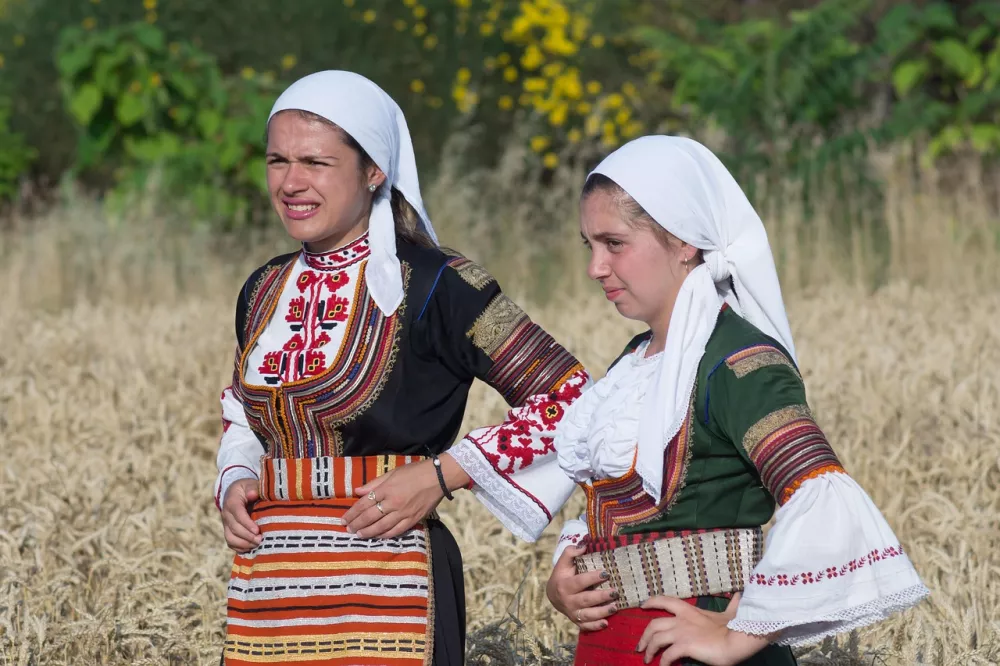Bulgaria Guide 
Sunny beaches, ancient cities and ports, where the European atmosphere mixes with the oriental - all this is what Bulgaria represents. If you are not sure whether to just "slap" on the beach somewhere or also go to discover local cultural monuments, on these pages we will advise you what is worth visiting. :)
Sofia - A dynamic metropolis with a rich history dating back to ancient times, blending Byzantine, Ottoman and socialist architectural influences with modern developments. Nestled beneath the majestic Mount Vitosha, the city offers visitors a diverse mix of cultural attractions, such as the impressive Alexander Nevsky Cathedral, Roman ruins and a wealth of museums, along with a vibrant café culture and green parks.
Plovdiv - Bulgaria's second largest city, with a history spanning over 6,000 years. Plovdiv is famous for its picturesque Old Town with winding streets and colorful houses from the Bulgarian National Revival period, a preserved Roman amphitheater and a vibrant arts scene. In 2019, Plovdiv was the European Capital of Culture.
Varna - The country's "sea capital" is a major port and popular summer resort on the Black Sea coast. The city offers visitors not only beautiful beaches and a vibrant nightlife, but also a rich history, evidenced by the archaeological museum with the oldest worked gold in the world, and modern attractions such as the Sea Garden, the largest city park in Bulgaria with a dolphinarium and a planetarium.
Sunny Beach - The largest and most popular seaside resort in Bulgaria, is located along an 8-kilometer-long sandy beach on the Black Sea coast. This place is famous for its turbulent nightlife, numerous hotels, restaurants and bars, but also offers a variety of water sports and attractions for families with children, including aqua parks and entertainment centers.
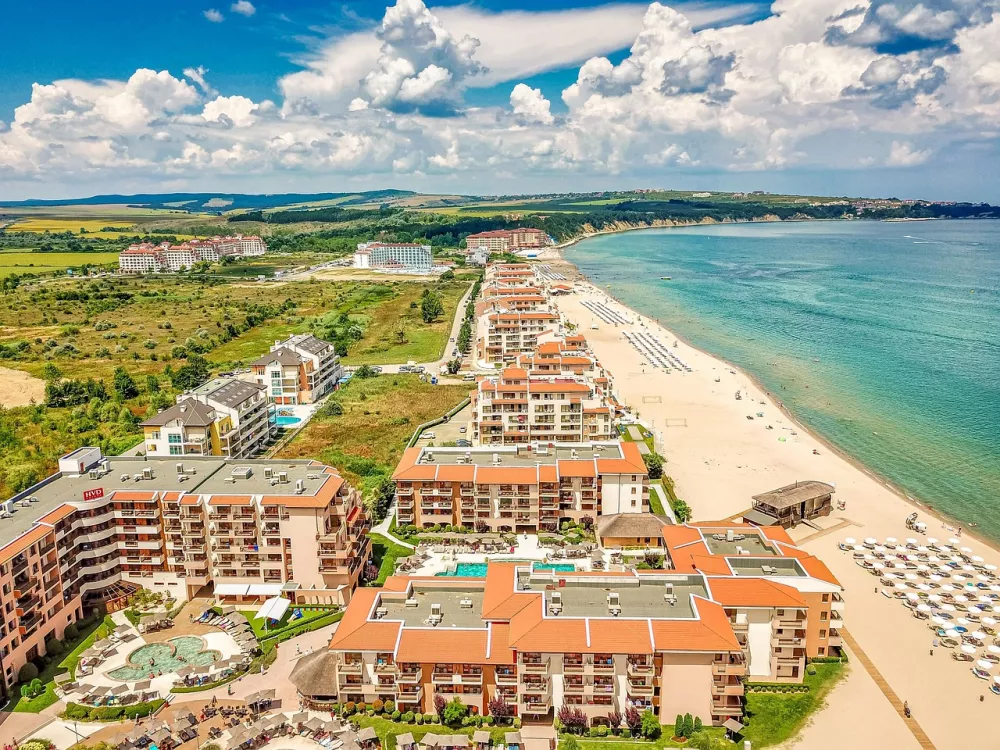
Bulgaria is located in southeastern Europe on the Balkan Peninsula. It borders Romania to the north, Serbia and North Macedonia to the west, Greece and Turkey to the south, and the Black Sea to the east. Bulgaria is a member of the European Union, NATO, and the United Nations. The capital and largest city, Sofia, is one of the oldest European cities with a rich history dating back to ancient times.
Bulgaria stands out for its cultural and natural diversity. It is famous primarily for its mountains (Rila, Pirin, Rhodopes), beaches on the Black Sea coast, the traditional production of rose oil, and also cultural monuments such as ancient Nessebar, Plovdiv with the remains of Roman buildings or the famous Rila Monastery.
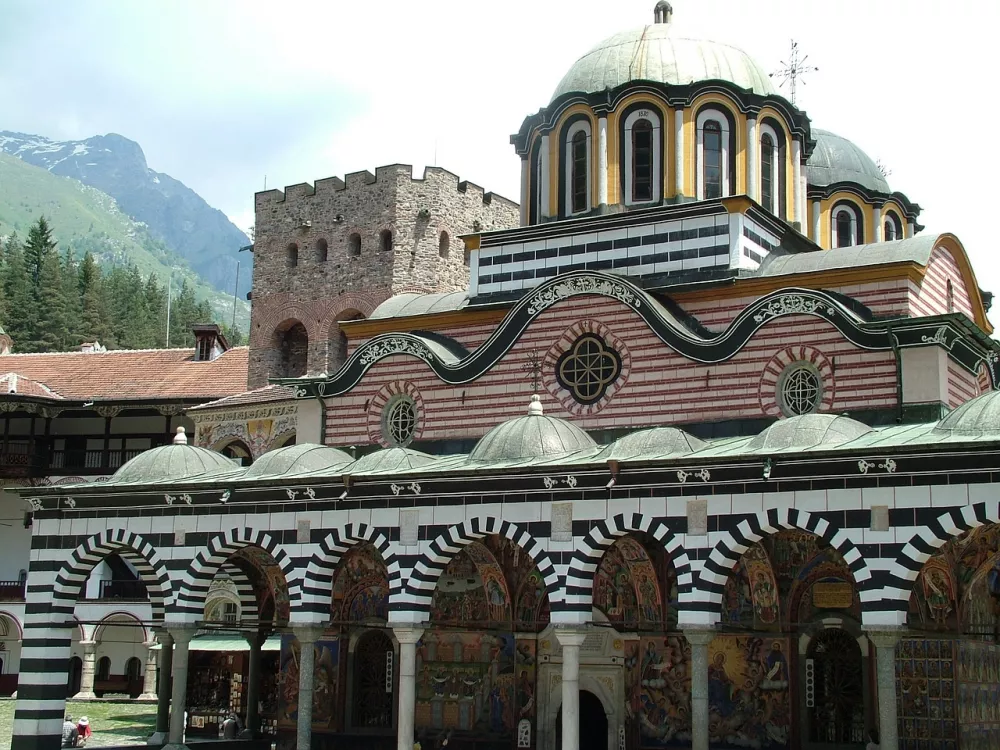
Bulgaria has a rich and varied history that dates back to the time of the Thracians, who inhabited the area before our era. Later, Bulgaria was influenced by the Roman and Byzantine empires. In 681, the First Bulgarian Empire was established, which was a major power in medieval Europe. The Second Bulgarian Empire existed between the 12th and 14th centuries, but Bulgaria subsequently came under the rule of the Ottoman Empire, where it remained for almost 500 years. It only gained independence at the end of the 19th century. In 1908, it became an independent tsarist state. After World War II, Bulgaria became part of the Eastern Bloc and in 1990, it transitioned to democracy.
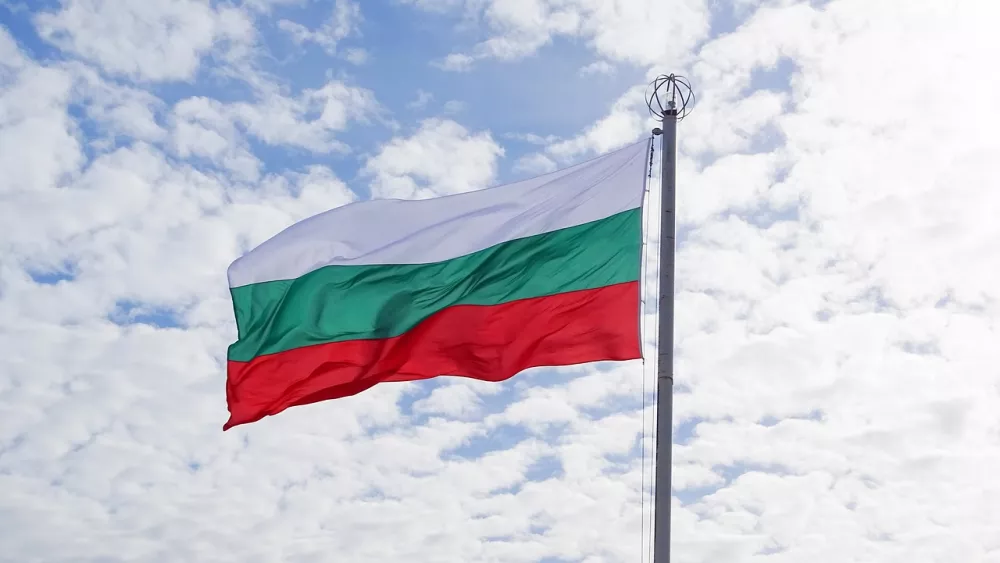
Bulgaria's economy today is based on diverse sectors. The country has a significant agricultural sector focused on growing roses for the production of rose oil (one of the largest producers in the world), wine, fruit and vegetables. Recently, Bulgaria has become a world leader in the cultivation of lavender and the production of lavender oil. Engineering and electronics also contribute to the local economy. A significant share is made up of the tourism sector, which attracts visitors in summer with its beautiful Black Sea beaches (the number of tourists is around 10 million in the summer season) and in winter with its mountains. The most famous ski resorts include Bansko with 70 km of slopes and Borovets, popular with snowboarders.
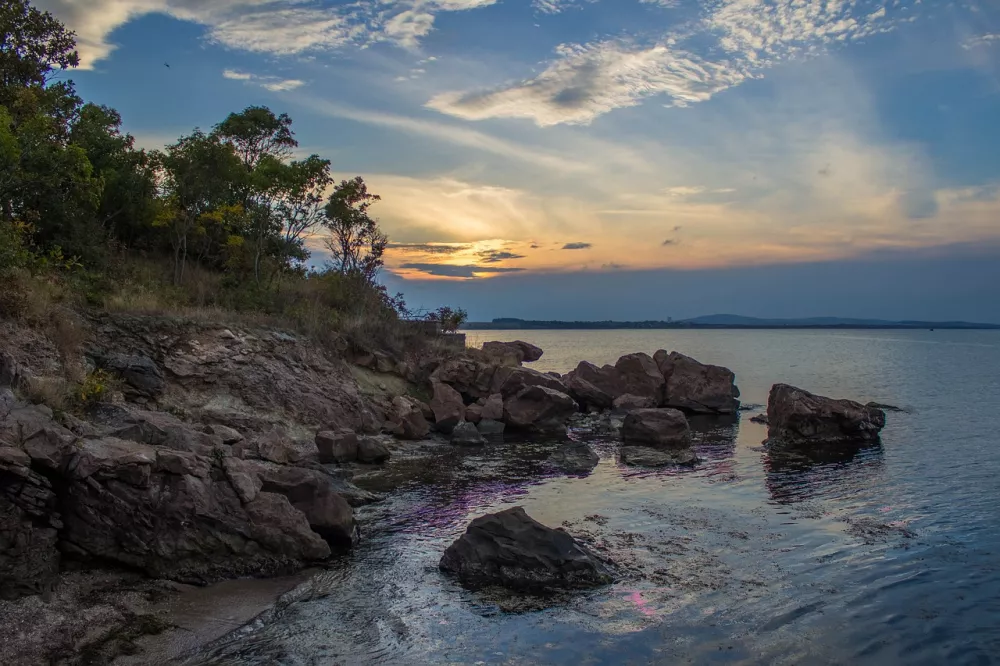
Bulgarian culture has been influenced by Thracian, Slavic and Bulgarian traditions, which is reflected in folklore, music and dance. Typical festivals are not complete without traditional instruments such as the bagpipes or national costumes. If you like attending traditional festivals, don't miss the Rose Festival in early June. Typical dishes include banitsa (a pastry filled with cheese), shop salad (made with tomatoes, cucumbers and cheese) and moussaka (a dish with potatoes and meat).
